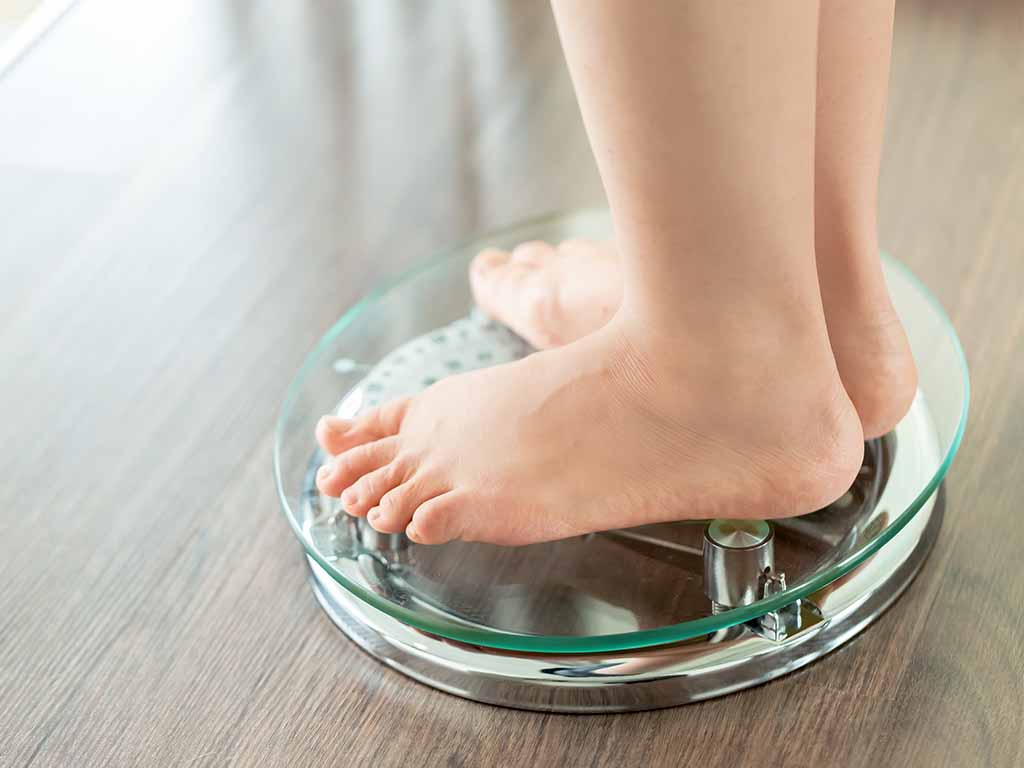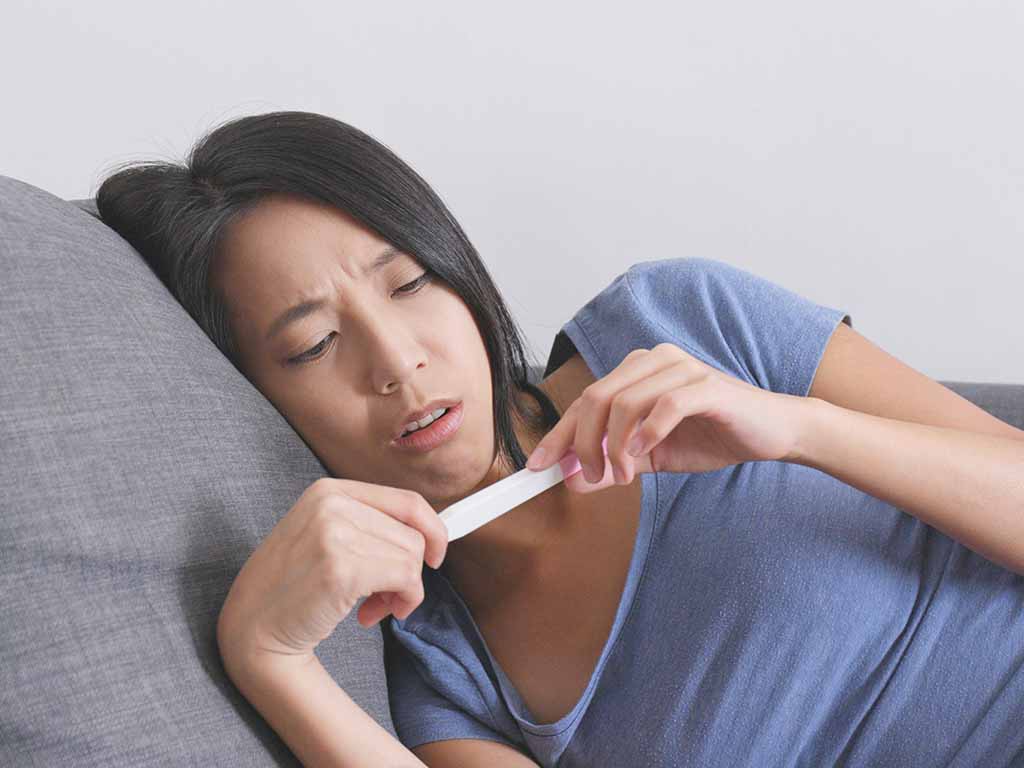Female Infertility Screening
Introduction
What is Female Infertility?
Infertility is quite common in today’s society. The CDC states that about six percent of couples that are 15 to 44 years of age will have fertility issues even after a whole year of conceiving. However, it is worth noting that not all fertility cases are with the women.
Also read: Pre-Conception Screening
It is also perfectly normal to be worried about infertility. Infertility or being unable to become pregnant can be contributed by several risk factors, including:
- Having experienced a major life event
- Regularly gets stressed out mentally and physically
- Drinking excessive amounts of alcohol
- Smoking
- Aging — Ovarian egg count will be lower and its quality becomes less potent over time. Aging can also bring about diseases that can cause miscarriages.

Did you know?
While Infertility is quite common in today’s society, it is worth noting that not all fertility cases are with the women.
Signs & Symptoms

What are the signs and symptoms of Female Infertility in Singapore?
In order to get pregnant, a woman has to have a healthy uterus, fallopian tubes and ovaries. Any kind of problem involving these three organs may lead to a female being infertile. The most common signs and symptoms of female infertility include:
- Infections that cause chronic pelvic inflammation (STIs)
- Reduced ovarian stores
- Polycystic ovarian syndrome
- Other gynaecological conditions
- Hormonal imbalances
- Unusually high or low body mass index
The good news is that these female infertility causes are treatable. You can prevent them from happening with a timely fertility screening and treatment.
Treatment
When should I be screened for infertility?
Fertility screening is recommended for women who are:
- You are 35 years old and above
- Having difficulty conceiving with your partner and having unprotected sex for two to three times a week
- Planning on having a baby and would like to know if there could be problems with fertility
- Have a gynaecological or medical condition
Is infertility screening only for females?
Both male and female partner are required to attend a fertility screening. There will be a separate medical review for each individual, with doctors that will check for possible infertility and medical concerns.
For women, a thorough examination of their reproductive organs will be conducted. It is not unusual for your doctor to order additional tests, such as a pelvic scan depending on findings and your medical history.

How can Female Infertility be treated in Singapore?
Some cases of female infertility, such as ones that involve infection or inflammation may be treated using antibiotics. In instances when the thyroid is involved, the doctor can prescribe thyroid medication to get it under control. In special cases, assisted reproduction, intra-uterine insemination or surgery may be recommended.
Contrary to popular belief, infertility can strike even if you have borne a child before. One of the main indications of infertility is having no success after a year of unprotected sex with a partner. As such, it’s recommended that you seek professional assistance to check if there have been any changes in your health or medical condition.
About 80% of all couples will have success within one year of sex without use of contraception and with regular intercourse (once in 2 to 3 days). The 20% who may not have had success will have a 50% chance of getting pregnant in their second year.
If you are worried that you or your partner might be facing difficulties in conceiving, checking it with your doctor can help you to address your concerns.
FAQ
What can I do to increase my fertility?
It’s all about managing your lifestyle and making sure you’re eating right. Make a conscious decision to eat healthy foods day in and day out.
Cutting back on alcohol consumption can be good for you. If possible, start taking pre-natal vitamins, e.g., vitamin B, folic acid. Quit smoking and stay away from second-hand smoke. Cut back on coffee intake — it’s been shown that there’s evidence that links fertility problems with caffeine.
How can I increase my fertility if I am overweight/underweight?
Start by beginning to plan how you can drop down or increase BMI, or body mass index between 20 to 25. Drink plenty of water to flush out your body’s toxins regularly.
It’s best to avoid strenuous exercises and manage chronic conditions such as thyroid issues, diabetes and hypertension. Keep stress to a minimum and engage in activities that relieve it. It’s best to speak with a certified doctor when checking for fertility concerns.
What other services do you offer?
- HPV Testing and Pap Smear
- Pelvic Ultrasound
- Hormonal Blood Tests
- Thyroid Blood Tests
- Thyroid Disease Treatment
- Infection and Thalassemia Screening Blood Tests
- Anti-Mullerian Hormonal Blood Test
- Subfertility Management
- Comprehensive STI Screening
- STI Treatment
- Health Screening
- Cancer Screening
- Fertility Testing (Male / Female)
- STD Testing
- HIV Testing
Female Infertility Screening
Female Fertility Screening involves a thorough examination of reproductive organs, and or to perform additional tests, such as a pelvic scan depending on findings and your medical history.
Task
During your consultation with the doctor, the above options will be discussed with you to see which best suits your needs.
-
Date
May 30, 2021
-
Skills
Female Infertility Screening, Female Doctor Consultation
-
Client
Dr Eugena Tay

